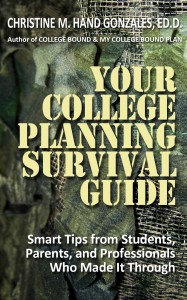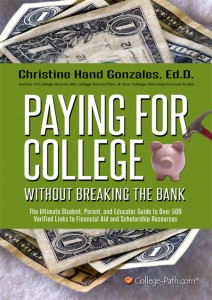Many juniors (and their parents) want to know what courses they should take to improve thei r chances of admission to the college of their dreams. There is no magic formula but when weighting your course selection for the upcoming year, there are a few things you should consider:
r chances of admission to the college of their dreams. There is no magic formula but when weighting your course selection for the upcoming year, there are a few things you should consider:
• Have you taken full advantage of opportunities available to you in high school?
• Are you achieving at your highest level all four years?
• Have you consulted with your counselor before locking in your course selection?
• Ask yourself, “Am I challenged by the courses I am taking?”
• Are your courses a good foundation for college and will you be prepared to take college-level math, writing, and science courses?
• Are your courses among the most rigorous ones available to you at the school? Read more suggestions for how to succeed in courses you choose.









